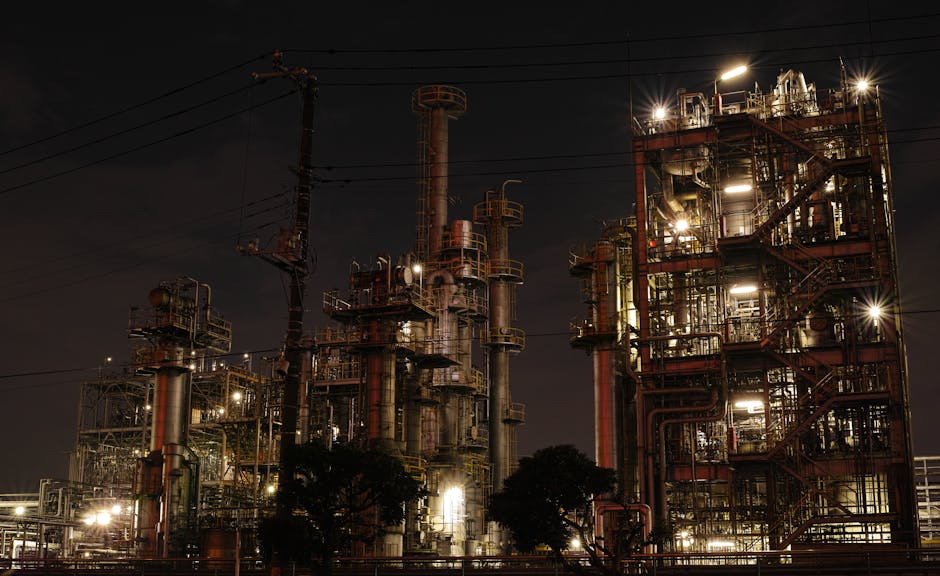Overview
Chile’s emissions standards for generator sets (mainly new construction and farm machinery) apply to generators rated at 20 kW or more of electrical output in the Santiago Metropolitan Region and set parameters for PM, NOX, CO, and THC emissions. Generators over 300 kW have slightly stricter testing schedules than those under 300 kW.
Standard type
Conventional pollutant emission limits in the Santiago Metropolitan Region
Regulating Body
Department of Health, Metropolitan Region
Current Standard
Resolution 2063 - 2005
Applicability
Units rated at 20 kW or more electrical output
Categories
History
On 13 July 2011, the Conselho Nacional do Meio Ambiente (CONAMA) adopted CONAMA Resolution #433, limiting exhaust emissions and noise from new construction and farm machinery. Referred to as PROCONVE MAR-I, it is the first legislation to regulate emissions from nonroad mobile machinery in Brazil. It sets limits equivalent to US Tier III and EU Stage III A for nonroad diesel engine emissions.
Technical Standards
Generator set emissions for the Santiago Metropolitan Region are limited by the regulations defining particulate matter (PM) limits for stationary sources. The limits apply to generator sets rated at 20 kW or more electrical output and must be met at rated conditions.
| Nominal Power, P | PM Limit | Application | Frequency of Certification |
|---|---|---|---|
| P < 300 kW | 56 mg/Nm3 | Continuous / Prime Power | Every 3 years |
| Emergency | Certification not required | ||
| P ≥ 300 kW | 112 mg/Nm3 | Continuous / Prime Power | Every 1 year |
| Emergency | Certification required only once |
In situations of poor ambient air quality, sources with PM emissions greater than 32 mg/Nm3 (28 mg/Nm3 if air quality is exceptionally bad) are not allowed to operate.
In November 2006, a draft regulation was published in Chile’s national gazette that would set emission limits in the Santiago Metropolitan Region for new and existing stand-by and emergency electricity generator sets powered by internal combustion engines. The regulation would be applicable to units rated at 20 kW or more electrical output. The proposed limits are outlined below.
| Application | Nominal Power, P | PM | NOx | CO | THC | |
|---|---|---|---|---|---|---|
| Existing Generators | Prime Power | 20 kW ≤ P < 300 kW | 45 | 5,000 | 600 | 400 |
| P ≥ 300 kW | 5 | 5,000 | 600 | 400 | ||
| Emergency | P ≥ 150 kW | 180 | – | – | – | |
| New Generators | Prime Power | 20 kW ≤ P < 300 kW | 45 | 2,900 | 600 | 400 |
| P ≥ 300 kW | 5 | 2,900 | 600 | 400 | ||
| Emergency | P ≥ 20 kW | 75 | 2,900 | 600 | 400 |
Emissions would be measured at rated conditions, converted to standard conditions (25°C and 1 atm) and corrected to 5% O2 by volume.
Compliance for existing generators would have to be demonstrated within 1 year of the date that the regulation enters into force. Compliance for new generators would need to be demonstrated by their operators within 60 days of registration with the regional health authority.
| Rated Power | Date | CO | NOx+HC | PM | |
|---|---|---|---|---|---|
| kW | Construction | Farming | g/kWh | ||
| 130 ≤ P ≤ 560 | January 2015 | January 2017 | 3.5 | 4.0 | 0.2 |
| 75 ≤ P < 130 | January 2015 | January 2017 | 5.0 | 4.0 | 0.3 |
| 37 ≤ P < 75 | January 2015 | January 2019 | 5.0 | 4.7 | 0.4 |
| 19 ≤ P < 37 | January 2017 | January 2019 | 5.5 | 7.5 | 0.6 |
Emissions are measured in accordance with ISO 8178-1.
Links
Regulatory Documents
Decree NO. 4 Stationary engine PM emissions regulation 1992 – Chilean Library of Congress
Amendments
Stationary engine SO2 and CO emissions regulation 2005 – Chilean Library of Congress


